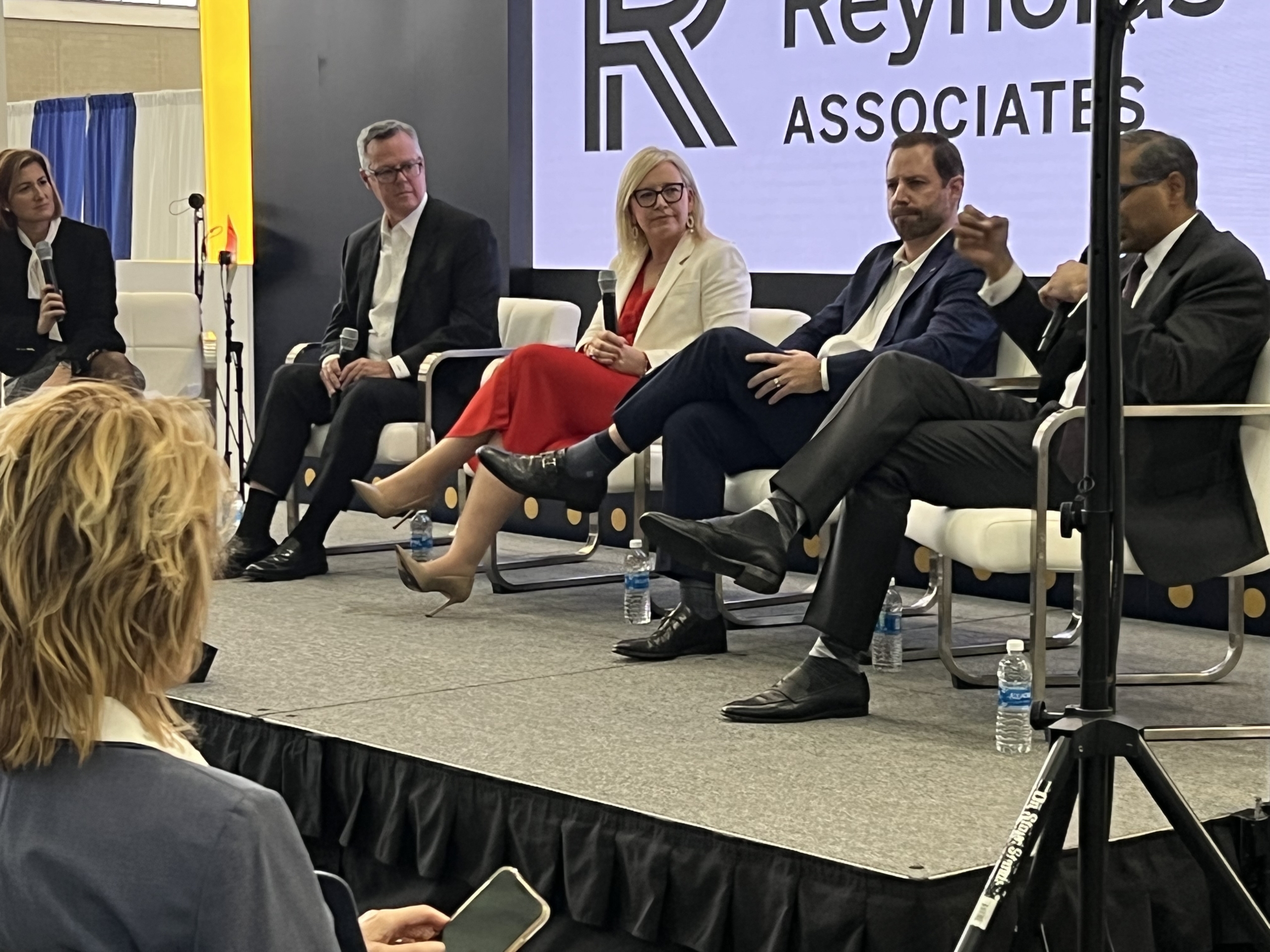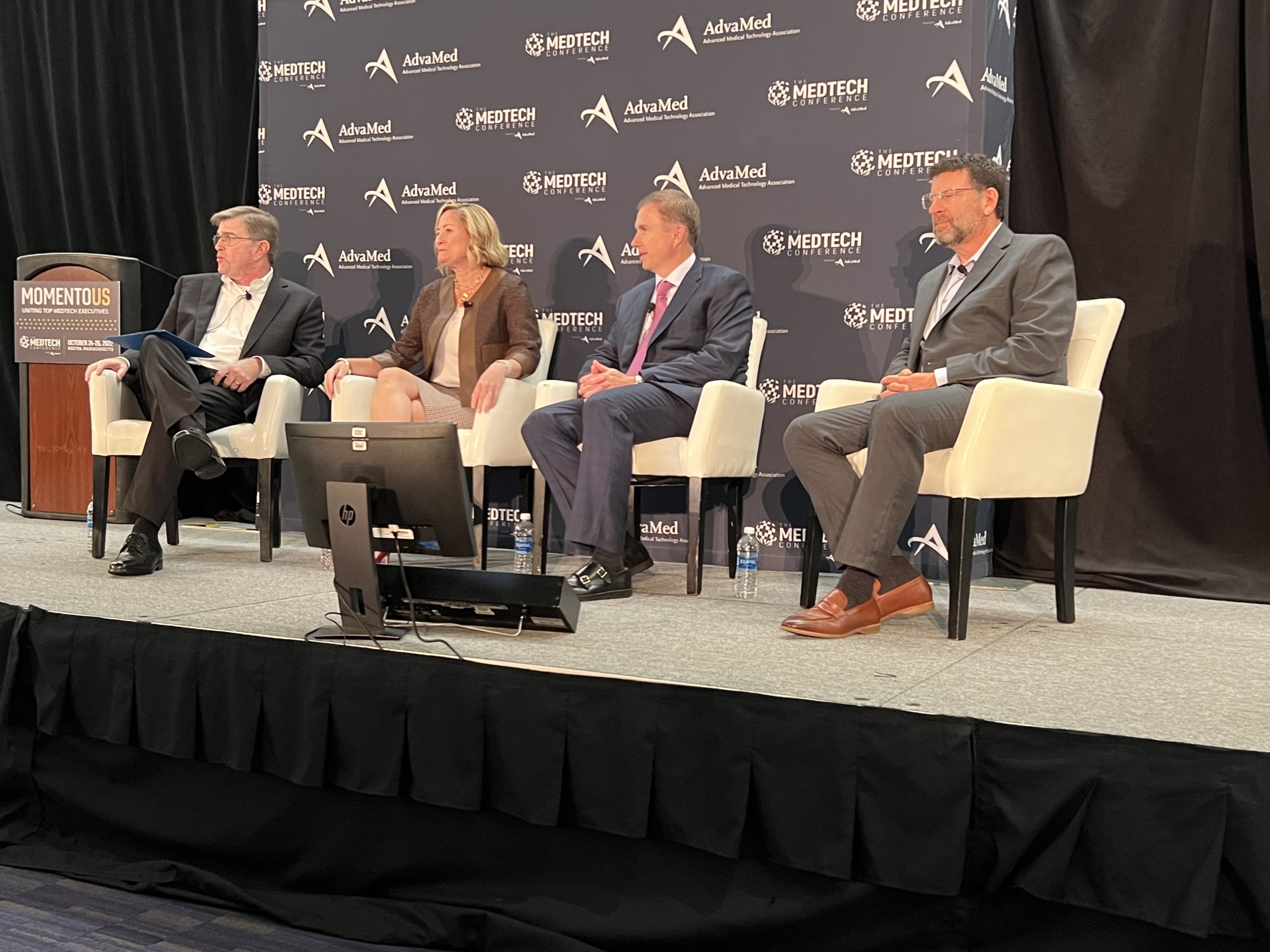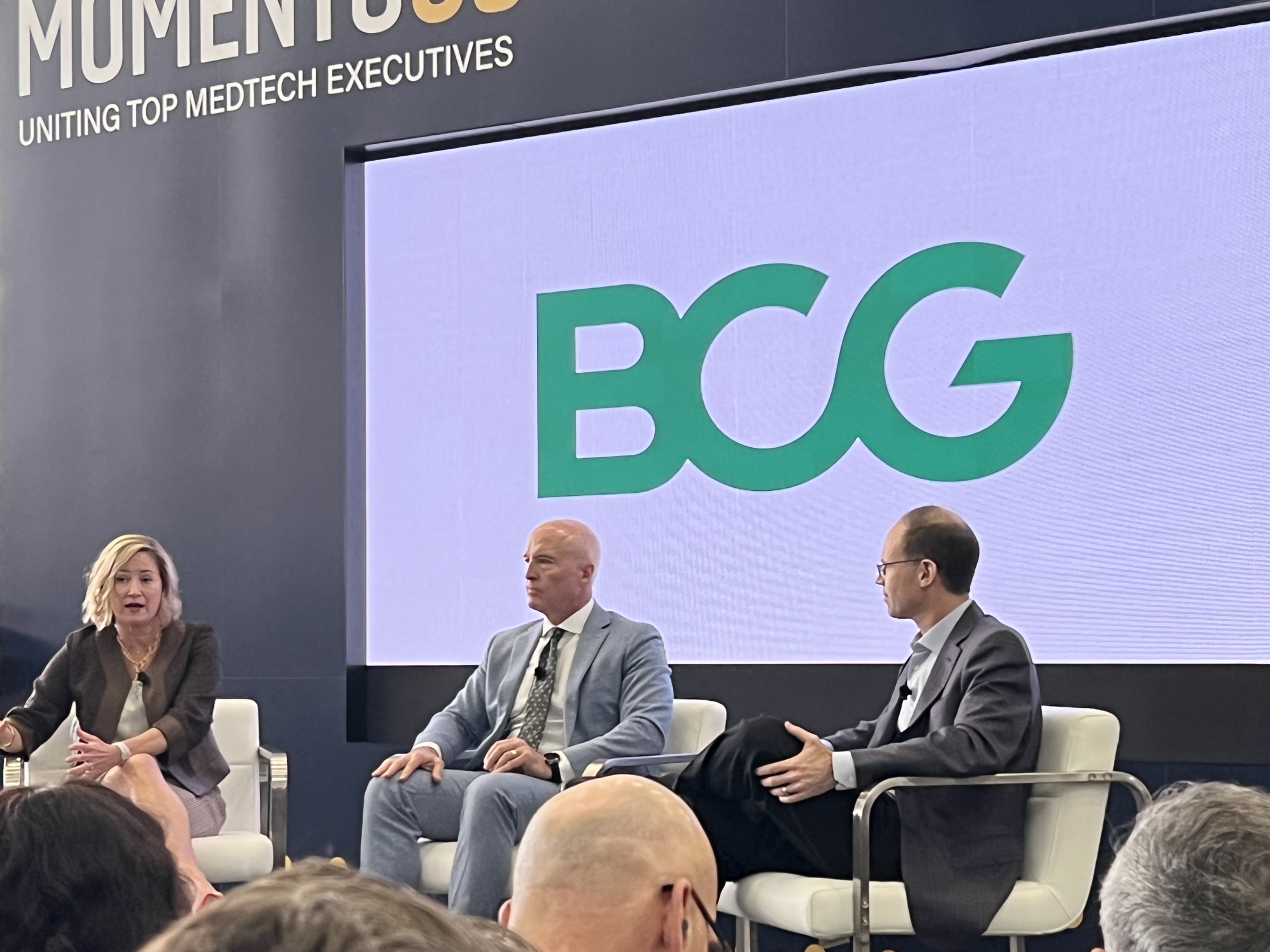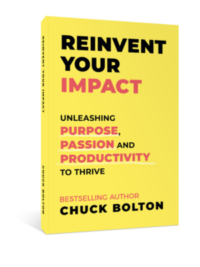How Medtech CEOs Are Falling Short – On Purpose!
After two long years, Advamed’s annual MedTech Conference took place in Boston last week. Over two thousand executives, entrepreneurs and medical device professionals gathered to share ideas, learn, network and connect for three days. The importance of a company’s purpose – the overarching guiding principle for why the firm exists – was raised many times by the CEOs who took part in panels and presentations.
Purpose was cited repeatedly in response to questions about how to encourage their people to accept change, how to motivate and inspire, how to recruit and retain the best, and avoid losing top talent due to the Great Resignation. In the three panel discussions I attended and recorded, purpose was mentioned twelve times during the Leadership in Times of Change session, nine times in the EY Pulse of the Industry panel and seven times during the Top Trends Shaping the Medtech Industry.
The gist of the CEO responses is the medtech industry has a “built in” purpose, or as one CEO described, an “Uber purpose”, due to the life enhancing nature of the sector’s work. In other words, people employed in medtech should be motivated because the work they do improves lives worldwide. One CEO of a company that treats cardiovascular disease, said his company was unlike companies that make “toaster ovens”, which presumably have a less important purpose for existence. Another CEO remarked, “We’re not making and selling baked beans, what we do matters to patients around the world.” Every CEO stated their businesses operate in accordance with a shared company purpose.
From my own early career experiences at Baxter and Boston Scientific, I agree working at a medical device company that operates by a shared purpose statement can be motivating. But that alone is insufficient. Purpose doesn’t stop with only the company purpose statement. While it is admirable these CEOs embrace purpose statements and purposeful work, that’s the beginning of the purpose journey. It’s only table stakes.
After their panel appearances, I asked a few of the CEOs if they helped their team members discover their own personal purposes. I received the “deer in the headlights” look in response. They apparently aren’t encouraging their people to discover and operate with a sense of personal purpose. By failing to do so, these medtech CEOs are falling short – on purpose! They aren’t embracing purpose-driven leadership.
What is purpose-driven leadership? For starters, it is leading and making decisions in a way that is consistent with the company’s purpose and values. But that’s not all. It’s believing that every person craves meaning in their lives. It’s understanding that every person has a personal purpose – even if they haven’t yet defined it. Purpose-driven leaders know their personal purpose. They live by their personal purpose as they carry out the company’s purpose. The two purposes are not in conflict. They openly share their personal purpose with others when asked. They teach and encourage others to find their unique purposes, too.
Why should leaders teach and encourage others to seek their unique personal purpose, when the company already has a purpose statement? Because they know that a personal purpose is the overarching principle that gives your life meaning. It’s a forward-pointing arrow, that gives you clarity and helps you get out of bed in the morning. A personal purpose must serve a bigger cause than just yourself. The company purpose isn’t a personal purpose. You can be fired, quit or retire from the company’s purpose, but once defined, you’ll never quit your personal purpose.

Nana Mohtashami – Russell Reynolds
Jim Hollingshead – Insulet
Bronwyn Brophy – Thermo Fisher Scientific
Quentin Blackford – iRhythm Technologies
Deepak Nath – Smith & Nephew
With personal purpose defined, purpose-driven leaders help their team members apply that purpose in a way that meshes with the company’s overarching purpose. Encouraging team members to create and live by their personal purposes is important for three reasons:
First, all medtech companies share an identical purpose. Each one is worded slightly differently, but it’s a version of, “We exist to enhance (or save) the lives of patients through _________ (pick a buzzword: innovation, technology, medical procedure, global, etc.)”
Don’t believe me? The company purpose statements of the CEOs on the panels are listed below. Throw the purpose statements of these companies in a hat (Abiomed, Insulet, Intuitive, iRhythm, Johnson and Johnson Medtech, Medtronic, Smith & Nephew, Thermo Fisher Scientific) pull them out, and match them to the respective company. I bet you can’t do it. There is nothing that distinguishes one from the other. (The correct matchups are at the bottom of this post.)
- To enable our customers to enjoy simplicity, freedom, and healthier lives through innovative technology.
- A leading provider of groundbreaking medical technology that provides circulatory and oxygenation support.
- Helping people get back to what matters most.
- We unleash diverse healthcare expertise, purposeful technology, and a passion for people totransform the future of medical intervention and empower everyone to live their best life possible.
- To enable our customers to make the world healthier, cleaner and safer.
- To contribute to human welfare by application of biomedical engineering in the research, design, manufacture, and sale of instruments or appliances that alleviate pain, restore health, and extend life.
Secondly, since we agree medtech company purpose statements are virtually identical, the company’s purpose statement can’t make the critical difference in the employee experience. What makes the critical difference then? A direct manager who is purpose-driven and coaches others to become their best. The direct manager creates upwards of 70% of the working climate a team member experiences. Many companies intentionally create a desired macro-culture for the company, but there are many micro-cultures within the firm that create very different employee experiences.
Gallup has reported that 70% of leaders don’t know their personal purpose. A study published in Harvard Business Review reported that fewer than 20% of leaders have a strong sense of their individual purpose. That number is likely even higher in the general population. If I’m a prospective employee, I need to know my manager’s personal purpose. Is the manager purpose-driven? How do they mesh their personal purpose under the company purpose? If my manager doesn’t have a personal purpose, why in the world would I want to work under that person? I’ll take the managers who know their personal purpose and embrace the company’s purpose – while coaching and encouraging others to do the same – all day long.
Third, people who operate by their personal purpose in sync with the company’s purpose are your passionate value creators. They take great care of your clients. They are your “A” players. They are clear about their gifts, their purpose, their values and they know how to apply them in support of your company’s mission of enhancing and saving lives worldwide.
If it is true that fewer than 20% of employees operate with a defined personal purpose, as CEO, how can I expect them to take great care of our customers, perform at a high level, create great value, and grow and stay with the firm? If I’m not helping them define their purpose, and showing them how to thrive at our company, won’t they vulnerable to being poached by more insightful companies and leaders who are purpose-driven – and can help them discover and live by their individual purpose? Here’s how you can help others discover their purpose.
My invitation to medtech CEOs is to embrace purpose at both the company and individual levels. It’s your job to be a great value creator and make an enormous impact. You are the role models for purpose-driven leadership. Harnessing purpose in all your team members – and connecting it to the company purpose – is a critical step forward in creating great value for all your stakeholders.
“I apply my knowledge of the purpose of my life every day. It’s the single most useful thing I’ve ever learned.”Clayton Christensen, late professor at Harvard Business School and bestselling author
Company Purpose Statements
- To enable our customers to enjoy simplicity, freedom, and healthier lives through innovative technology. Insulet
- A leading provider of groundbreaking medical technology that provides circulatory and oxygenation support.Abiomed
- Helping people get back to what matters most. Intuitive
- We unleash diverse healthcare expertise, purposeful technology, and a passion for people totransform the future of medical intervention and empower everyone to live their best life possible. Johnson and Johnson MedTech
- To enable our customers to make the world healthier, cleaner and safer. Thermo Fisher Scientific
- To contribute to human welfare by application of biomedical engineering in the research, design, manufacture, and sale of instruments or appliances that alleviate pain, restore health, and extend life. Smith & Nephew






